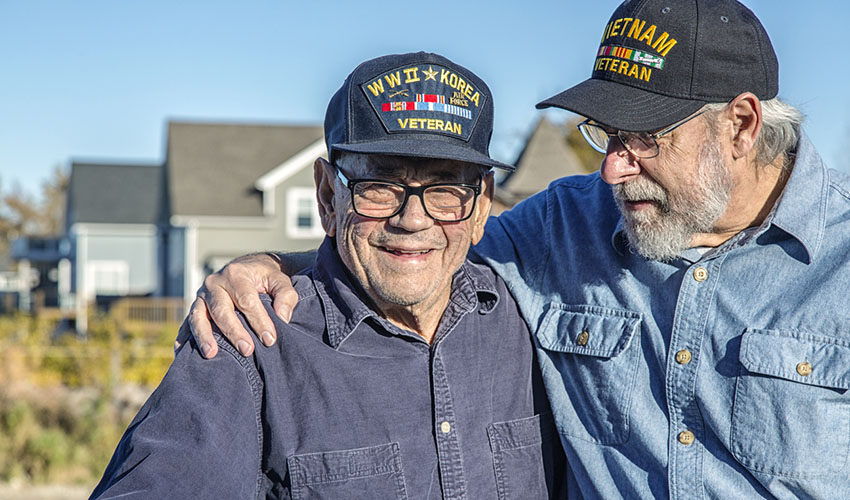The Intersection of Work and Wellness

JBS’s Labor and Economic Equity Impact Center (LEEIC) addresses public health challenges that under-resourced and vulnerable communities face, centering their voices in decision making. LEEIC researchers conduct policy-based research and evaluation that inform equitable and innovative local solutions. This work covers the research spectrum, from implementation studies employing qualitative methods to quasi-experimental design studies to assess the impact of established programs. The researchers demonstrate capacity to develop rigorous evaluation designs that provide a better understanding of program intervention within the context of complicated demographics and often-fluctuating intervention intensity.
While they possess technical and subject matter expertise, the effectiveness of the LEEIC researchers' work is grounded in strong relationships and networks that value trust and cultural competence. The team conducts large-scale data collection with diverse populations across the country and around the world, including people with lower incomes and/or less education, foreign-born populations, racially and ethnically diverse communities, diverse gender groups, people with disabilities, older adults, and veterans and military families.
LEEIC researchers engage their expertise and leverage these trusted relationships to respond in moments of need (e.g., public health emergencies [PHEs]). Currently, they are conducting two national evaluations focusing on recent PHEs.
- Public Health AmeriCorps is a joint effort of AmeriCorps and the Centers for Disease Control and Prevention, formed during the pandemic. The LEEIC team will evaluate Public Health AmeriCorps’s first chapter to drive adaptation and decision making about the program’s future, helping ensure the country is better prepared to face the next PHE.
- LEEIC is also partnering with AmeriCorps to evaluate the effects of the COVID pandemic on AmeriCorps Seniors, exploring the impact on older adult volunteers’ physical and psychosocial health and well-being.
In agricultural and rural communities across the U.S., LEEIC researchers collected data to give health providers, federal and state agencies, and local community organizations detailed information on farm workers’ demographics, migration patterns, and health risks during the pandemic so that these groups could respond to the special needs of this population. LEEIC’s work in rural communities extends to rural areas' opioid prevention, treatment and recovery; preventing and addressing neonatal abstinence syndrome; and the expansion of medications for opioid use disorder addressing the syndemic of intersecting vulnerabilities of people with substance use disorder and COVID.
In summary, LEEIC researchers harness sophisticated evaluation and data capabilities, while continuously prioritizing the well-being of people and the maintenance of healthy relationships.